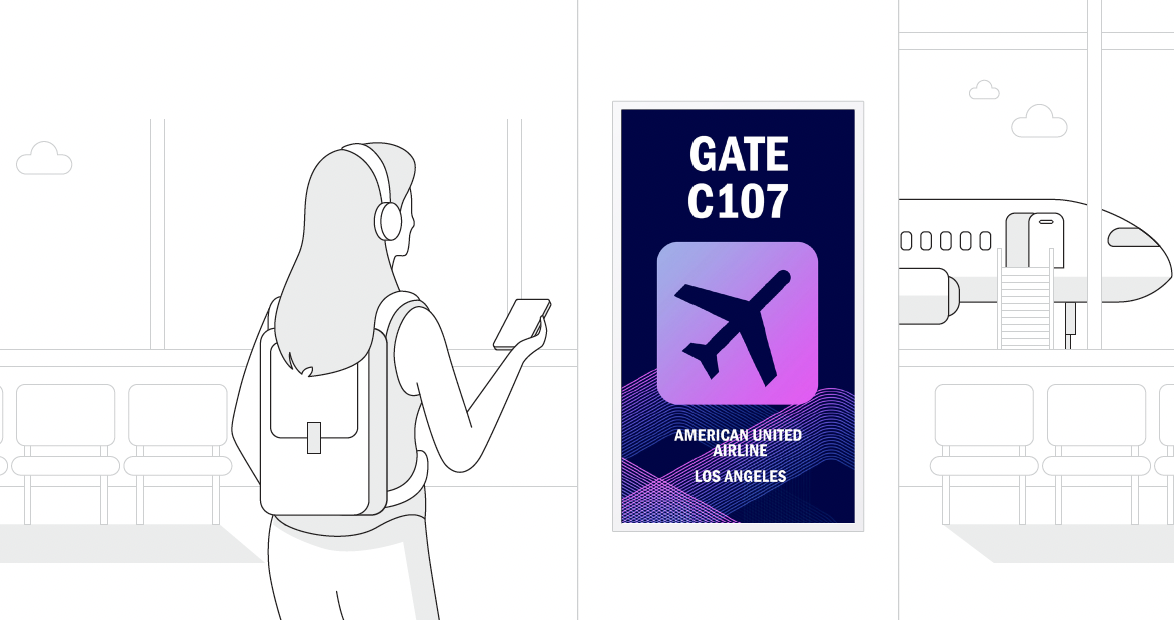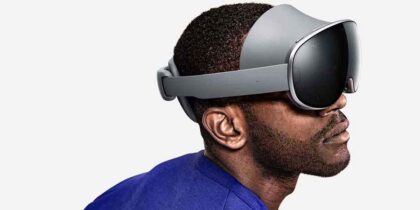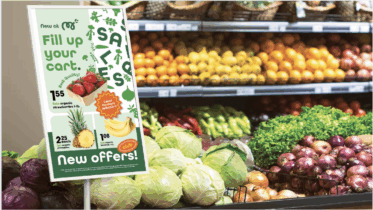The 12th annual Small Business Saturday is set to be celebrated on Nov. 27, 2021, encouraging consumers to shop small. Launched in 2010 during the midst of the Great Recession, this year’s occasion feels especially relevant as many brick-and-mortar businesses continue to wrestle with supply chain shortages, COVID-19 precautions and safety regulations, and competition from online retailers.
But there are also strong tailwinds for local businesses. Some 91 percent of consumers prefer to use small businesses when it’s convenient, and 74 percent search for ways to support small businesses even when it’s not convenient, according to SEMrush. More than three-quarters of consumers are willing to pay more for higher quality customer service from a small business. These numbers indicate that consumers want to support small businesses — the stores and service providers owned by their friends and neighbors — so retailers need to make that as easy as possible.
One way retailers can win Small Business Saturday is by investing in technology that empowers associates to meet shoppers’ needs in the moment. Particularly in the current economic and public health climate, businesses must find new, creative ways to connect with customers and make it easy, safe and convenient for them to shop in-store. But there are challenges to overcome.
Here are three issues facing small businesses this holiday season, and some ways to meet them head on:
1. COVID-19 safety precautions are still necessary
Local and state regulations vary widely, which can make it difficult for company leaders to stay on top of the latest mandates in each region. Therefore, retailers need to present a cohesive brand message centered around safety — for both customers and employees.
Mobile solutions like tablets and smartphones can help with social distancing and lingering concerns about COVID-19 transmission. If a shopper needs help finding an item, for example, associates can use their handheld device to help find the item and then walk the customer to its location. They can even take contactless payments on the retail floor, curbside, outdoors at a local market or while on the go. Mobile devices make employees’ jobs easier while maintaining the integrity of human connection.
2. Supply chain issues create difficulties
The pandemic has caused lapses in manufacturing, shipping and distribution, which has led to inflation — a double whammy for the retail industry. According to Forbes, analysts from equity research and strategy firm Jefferies expect supply shortages to intensify during the 2021 holiday season before demand shifts to services, allowing retailers to rebuild inventory in early 2022.
Shoppers know they must start shopping earlier this year if they want to secure in-demand items, and retailers can anticipate their needs with mobile technology. Quick lookups on a tablet or smartphone can inform customers about current inventory options. If an item isn’t available in-store, associates can then help the customer order the product online or find a nearby location that may have the same or similar style.
3. E-commerce is a competitor (but can also be a retailer’s best friend)
There’s no denying the competition that behemoth e-commerce sites present. Not only can customers receive low prices and fast (often free) shipping, but these platforms heavily invest in artificial intelligence (AI) that caters to shoppers’ specific tastes and preferences.
According to Small Business Saturday founder American Express, online shopping at small businesses on the day rose significantly in 2020: 56 percent of shoppers made purchases online, up from 43 percent in 2019. Many small businesses pivoted to selling online or through social media platforms during the pandemic. Now is the time to make sure those systems are in top shape for holiday shopping. Samsung tablets and smartphones make it easy to manage inventory and ensure in-store customers aren’t competing with online shoppers who have the same item in their cart — or getting the product cheaper elsewhere. Kiosks in the back-of-house can also help associates check the status of back orders or delayed deliveries.
Transform retail associate performance
Get your free guide to empowering retail associates with mobile devices and data. Download Now
Headed into the 2021 holiday shopping season, it’s more important than ever to support small businesses that are dealing with monumental challenges for the second year in a row — but it’s up to retailers to make this easy for loyal customers. Online and digital channels will only continue to grow, and retailers need to invest in technologies that increase profits and streamline operations now.
Equipping retail associates with smartphones and tablets isn’t only a good business decision, it makes for a better customer experience — which is exactly what people love about Small Business Saturday in the first place.
The #ShopSmall season may begin on Nov. 27, but it certainly doesn’t end then. Be sure to support your local businesses all holiday season long.
Explore how Samsung’s innovative technology solutions can help your business reimagine and reconnect retail. Where are you on the mobility curve? Find out — and get tips on where to go next — with this short assessment.









